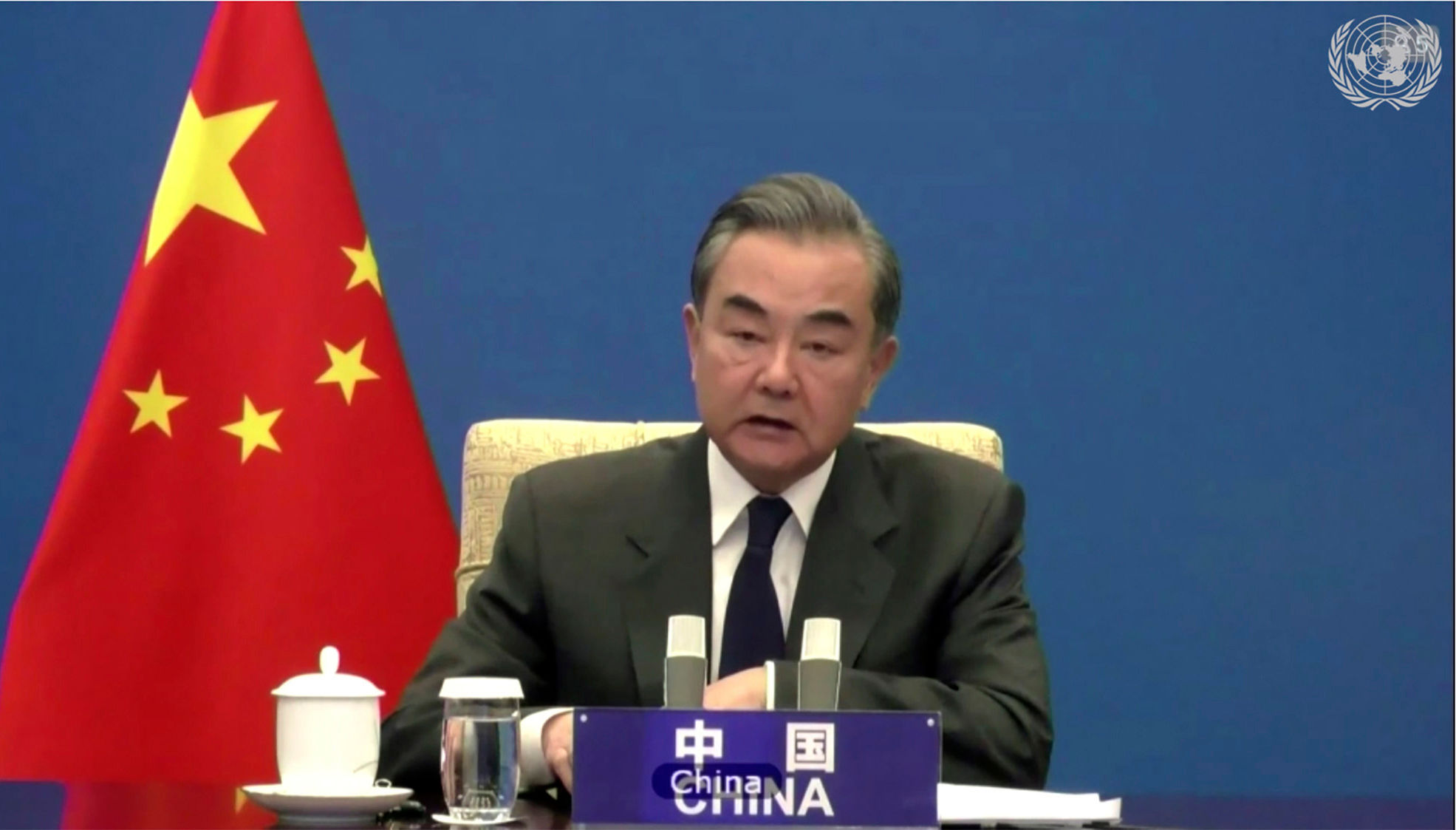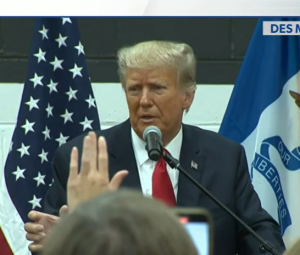Calling on the US to lift restrictions on trade and people-to-people contacts, China on Monday said that it wants unwarranted interference in the areas of Taiwan, Hong Kong, Xinjiang and Tibet. Chinese Foreign Minister Wang Yi, while speaking at a Foreign Ministry forum on US-China relations, said the US will “clearly” see the trend of the world, “abandon biases, give up unwarranted suspicions and move to bring the China policy back to reason to ensure a healthy steady development of China-U.S. relations.”
Wang Yi’s comments come when China is pressing the new US administration of President Joe Biden to drop many of the confrontational measures that were adopted by Donald Trump.
The former US President had increased tariffs on Chinese imports in 2017 and imposed bans or other restrictions in Chinese tech companies and academic exchanges, as the two nations were official in a trade war during his presidency.
Also Read | Joe Biden to renew Quad alliance to overcome China, amplify dominance in Indo-Pacific
Trump had also upgraded military and diplomatic ties with Taiwan and sanctioned Chinese officials, who were blamed for abuses against Muslim minorities in Xinjiang and a crackdown on freedom in Hong Kong.
“We know that the new US administration is reviewing and assessing its foreign policy we hope that the U.S. policy makers will keep pace with the times, see clearly the trend of the world, abandon biases, give up unwarranted suspicions, and move to bring the China policy back to reason to ensure a healthy steady development of China-US relations,” Wang told diplomats, scholars, and journalists at the Lanting Forum.
It is still unclear whether the US President will make any major changes in Washington’s policies towards Beijing even though Biden has pledged to adopt a more civil tone in US diplomacy.
Also Read | Joe Biden plans to tackle China’s violation of human rights
China faces more opposition than ever in Washington due to its trade record, territorial disputes with neighbours, and accusations of technology theft and spying. Taiwan enjoys strong bipartisan support, as do criticisms of China’s human rights record, especially on Hong Kong, Xinjiang, and Tibet.
The Chinese foreign minister said that Beijing has no intention to challenge or replace the US and is ready to peacefully coexist and seek common development, as he urged Washington to stop “smearing” the reputation of China’s ruling Communist Party. Wang Yi also asked on the US to “stop conniving at or even supporting the erroneous words and actions of separatist forces for Taiwan independence and stop undermining China’s sovereignty and security on internal affairs concerning Hong Kong, Xinjiang and Tibet.”
Wang Yi said the US should reactivate all levels of dialogue that he said Washington had effectively halted under the Trump administration, and boost cooperation on major bilateral and international issues. The COVID-19 pandemic, climate change and the global economic recovery are the three biggest issues on which the sides can cooperate, he said.
On trade, he said China would defend the rights of US companies while hoping the US would adjust its policies as soon as possible, among others, remove unreasonable tariffs on Chinese goods, lift its unilateral sanctions on Chinese companies and research and educational institutes and abandon irrational suppression of China’s technological progress.”
The US should also lift restrictions on media, educational and people-to-people exchanges to reverse sharp declines in numbers of Chinese studying in the US and visits by Chinese for tourism or business, Wang Yi said.







